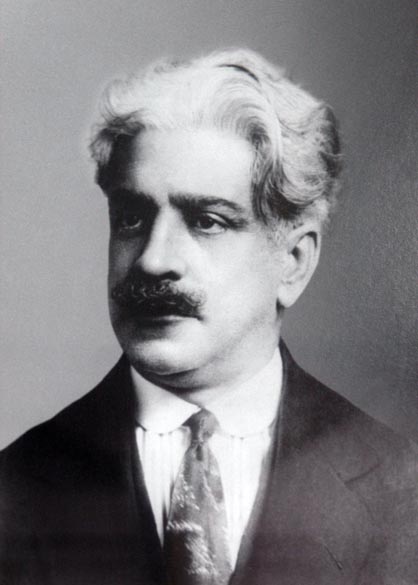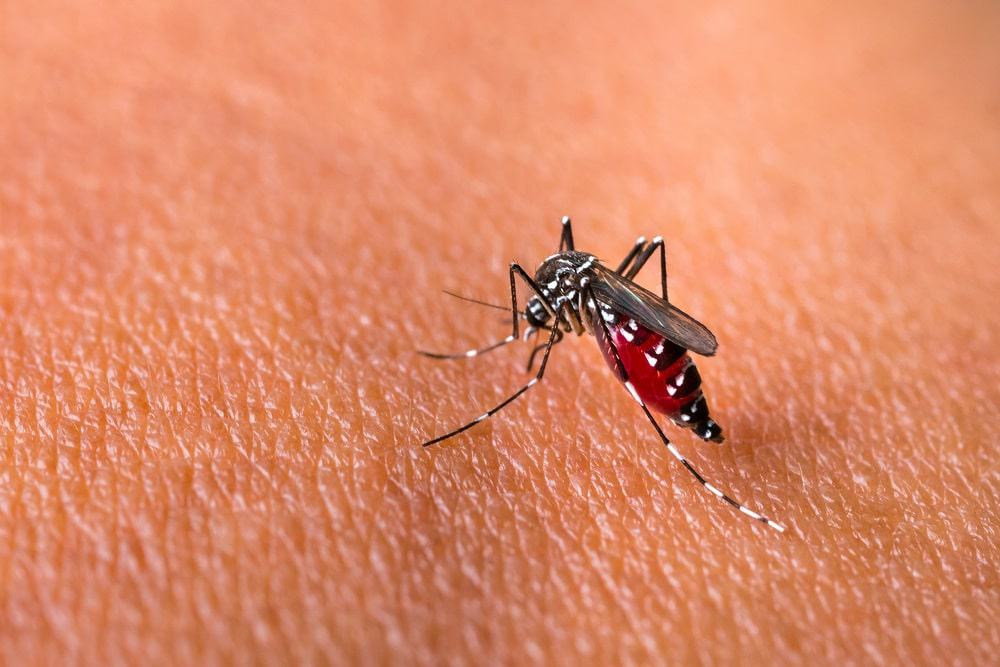National Health Day celebrates Oswaldo Cruz’s 150th anniversary; who was the doctor?

This Friday (5), in addition to being International Beer Day, is also National Health Day. The date, second Virtual health librarywas chosen in honor of Oswaldo Cruz and aims to raise awareness of the importance of health education.
But who was Oswaldo Cruz?
Oswaldo Cruz was an important figure in the history of the struggle and eradication of the yellow fever, bubonic plague and smallpox epidemics in Brazil. Specialist at the Institut Pasteur, Paris, in microbiology, serotherapy, immunology and forensic medicine at the Institute of Toxicology, the public health physician has lived through the last century and has received numerous awards for his work in public health.

As a young man he became head of the Directorate General of Public Health (DGSP) and had to undertake a health campaign to fight the major diseases in the federal capital: which at the time were yellow fever, bubonic plague and smallpox – the challenge was no small one. According to the Fiocruz Portal, the scientist has adopted methods such as isolating the sick, the mandatory reporting of positive cases, the capture of vectors – mosquitoes and rats – and the disinfection of homes in the areas of outbreaks.
Its methods and its sanitation campaigns have been responsible, in a few months, to reduce the incidence of the bubonic plague.
At the same time (early 20th century), the specialist also had to deal with the outbreak of yellow fever. Most doctors and the general public believed that the disease was transmitted through contact with the clothes, sweat, blood and secretions of patients. However, Oswaldo Cruz had the theory of him: the transmitter of yellow fever was a mosquito.
Amid criticism and violent popular reactions (due to his radical actions), the doctor implemented sanitary measures with brigades who traveled through homes, gardens, courtyards and streets, to eliminate insect outbreaks. So Oswaldo Cruz defeated, at the time, the Aedes aegypti mosquito (also responsible for dengue, zika and chikungunya).
In 1904, the smallpox epidemic arrived. The health care provider tried to promote mass vaccination of the population, but the newspapers launched a campaign against the provision, the population rebelled and Congress accepted the non-compulsory one. In 1908, in a new smallpox epidemic, the population itself decided to look for vaccination places.

The fight against disease gained international recognition in 1907, when Oswaldo Cruz was awarded the gold medal at the 14th International Congress of Hygiene and Demography in Berlin, Germany, for his work on sanitation in Rio de Janeiro. Oswaldo Cruz also reformed the health code and restructured all the health and hygiene agencies in the country.
In 1908 he was considered a national hero and, the following year, the institute where he worked, Instituto Soroterápico Federal (or Instituto de Patologia Experimental de Manguinhos) took his name – which we know today as Instituto Oswaldo Cruz.
In 1913 he was elected to the Brazilian Academy of Letters. In 1915, for health reasons, he left the direction of the Institute and moved to Petrópolis, where he became mayor. Oswaldo Cruz was born on August 5, 1872 and died on February 11, 1917, at the age of 44, due to kidney failure.
The post National Health Day celebrates Oswaldo Cruz’s 150th anniversary; who was the doctor? first appeared on Digital Look.
Source: Olhar Digital
Leave a Reply